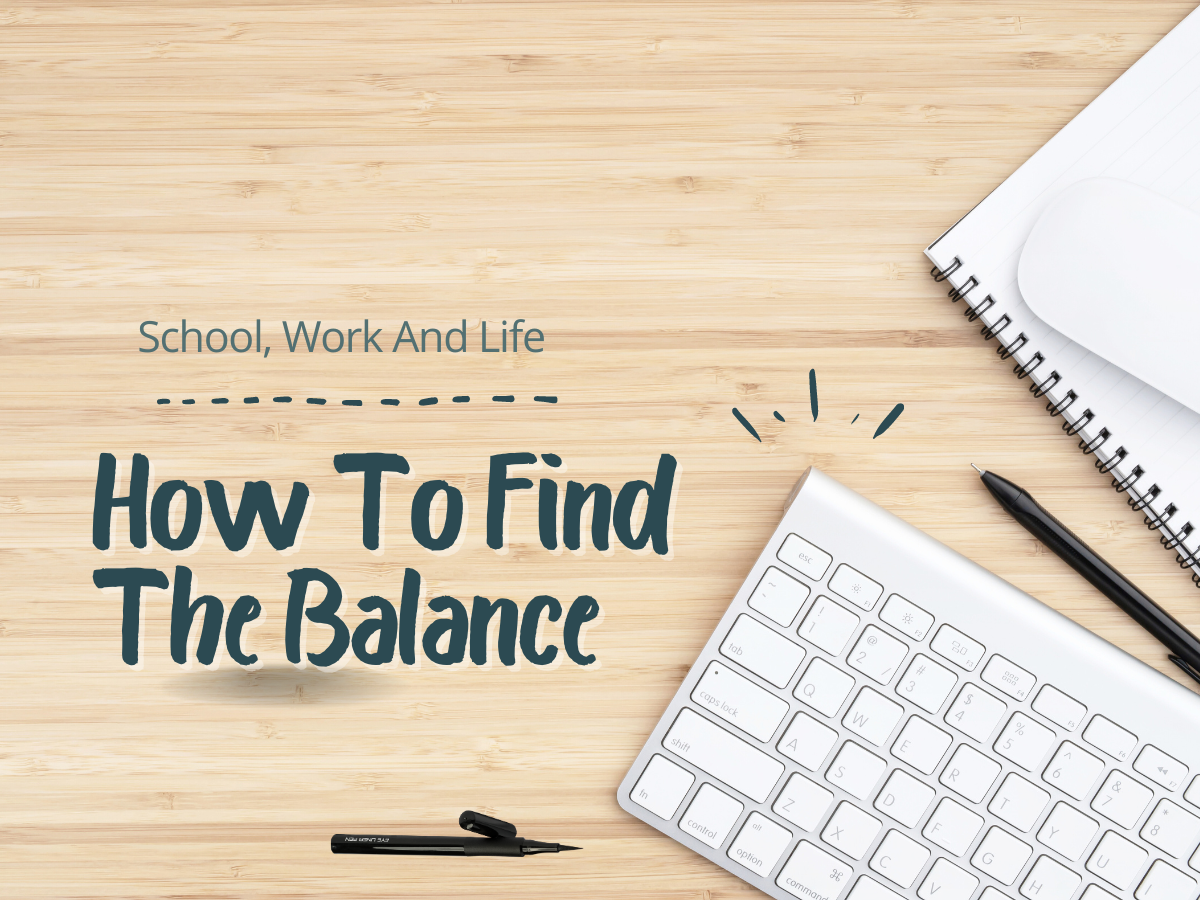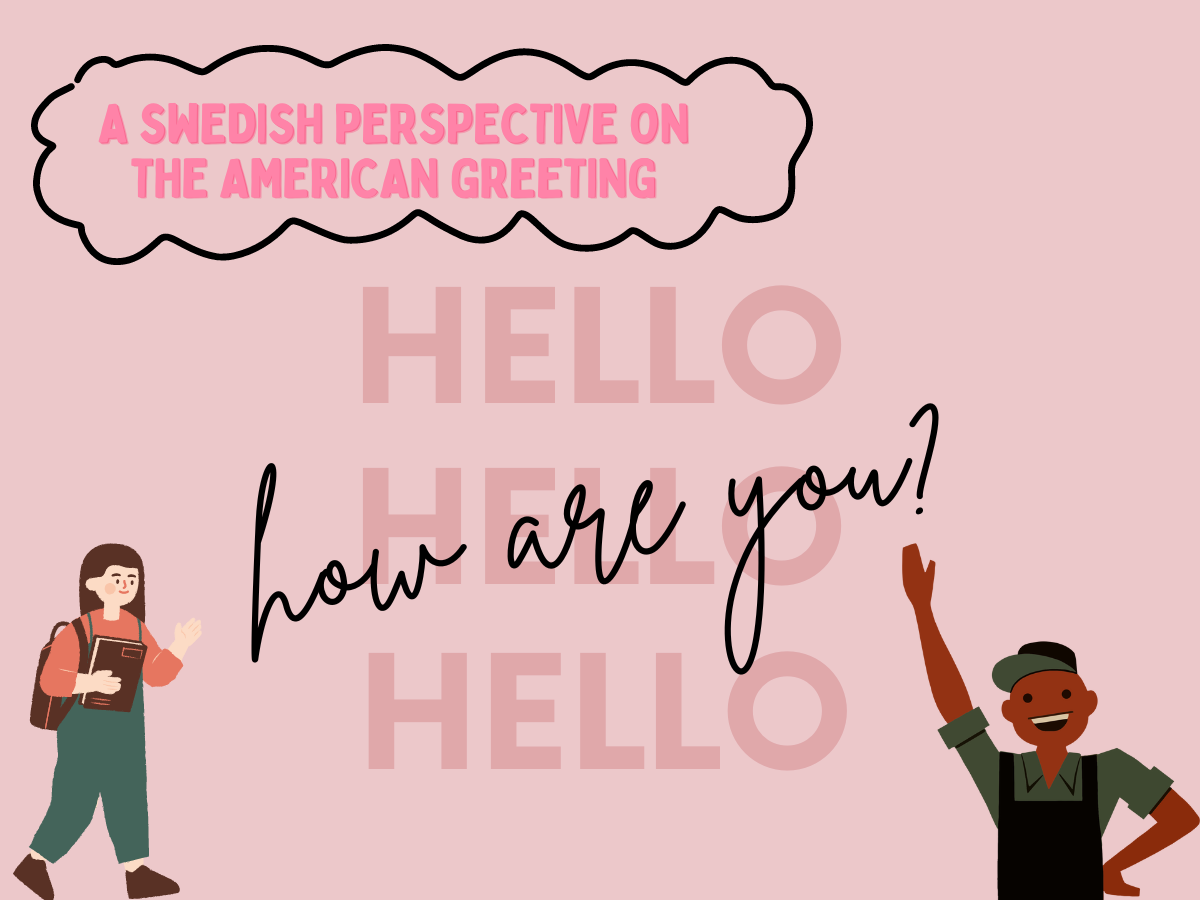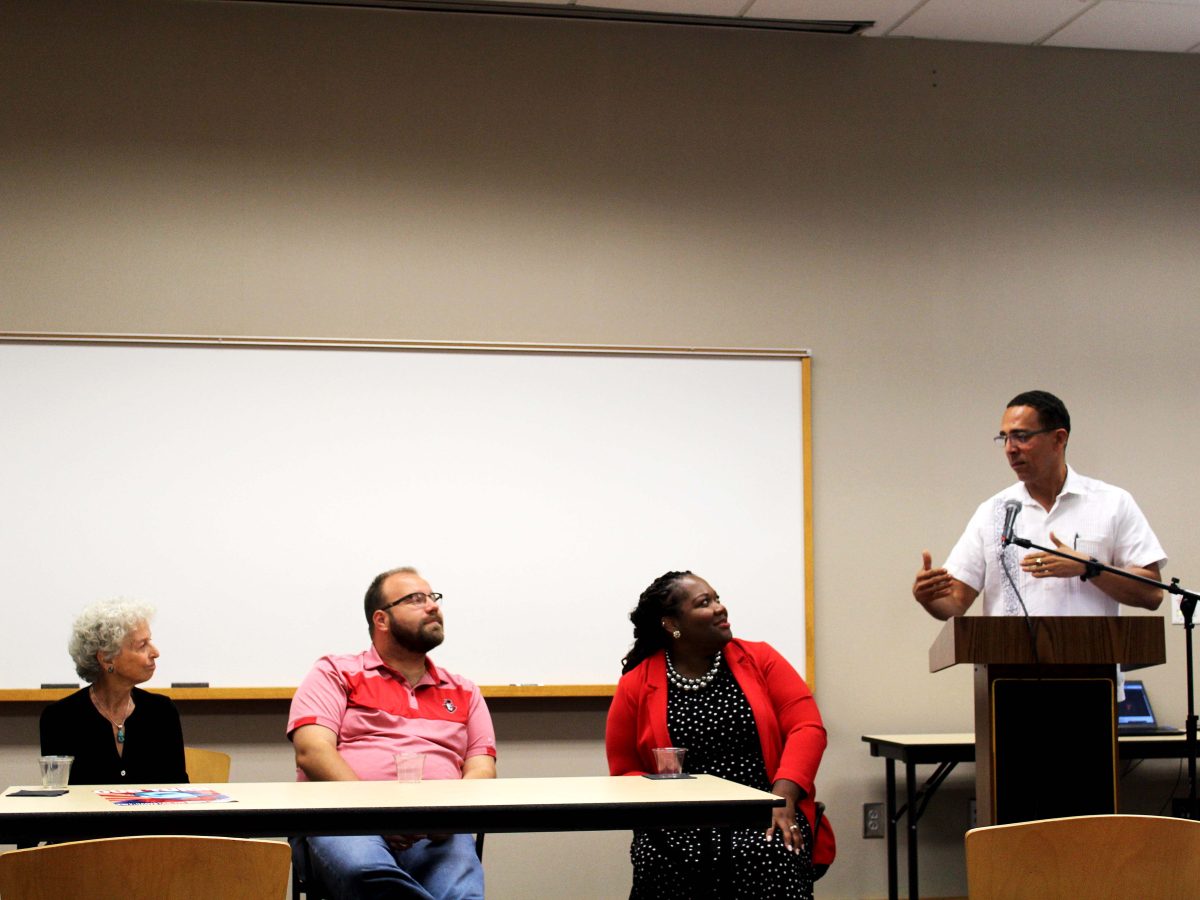Picketing women, bra-burners and angry lesbians.
This word, feminist, evokes many different images in people’s minds. It holds weight.
It is highly political and emotionally charged.
The word feminism, though pure in purpose, comes with a slew of misconceptions; that all these women are man hating lesbians, bra-burners and homemaker insulters.
Some consider it a useless, outdated movement that was eradicated when white women gained the right to vote.
Let’s clear up some of this controversy.
In every movement, there is the good, the bad and the ugly.
People who are truly feminist know what the word means. Feminism is the belief of the economic, social and political equality of the sexes.
But, like any movement, there are always misconceptions and misinformation about the mission and the participants.
There are always the participants that are way out in leftfield misconstruing the message.
A great example of the misconstruing of a message: free bleeders.
If you’re not familiar with this concept, I’ll fill you in.
The free bleeders are a group of people who bleed freely. They forgo the option to use menstruation products.
They don’t use pads, tampons, menstrual cups, menstrual discs or any of the other innovations designed to help manage menstruation. Is this really the work of feminism and feminists? The short answer is no.
While it is true that feminists believe that menstruation, a natural process for people with vaginas, should be destigmatized, the widespread refusal of period products is not on the agenda.
Since feminists believe that all people should have equal access to medical supplies, they are far more concerned with getting period supplies to underprivileged communities who may have a shortage of money or supplies.
On the comical side of the issue, bra burning is mythological.
While there were probably individual women burning bras because underwire is the worst, bra burning was not a largescale demonstrative practice.
There’s no historical evidence to back support that it was a widespread act of resistance.
Do feminists hate bras? No. Do feminists dislike the tabooing of the female body? Yes.
This means that feminists dislike the fact that a woman is subject to be shamed for an erect nipple, a visible bra strap, a short skirt or a low-cut blouse-not the fact that some women choose to wear bras.
One central belief in feminism is the individual’s right to choose. This includes reproductive rights and sexual consent as well as clothing and career choices.
Feminists believe that decisions like this should be based on the woman’s desires and passions rather than social norms.
Do feminists feel that all women should work outside the home? No. Do feminists dislike the age-old narrative that women should be limited to household work and childbearing? Yes.The idea is this: it is the woman’s right to choose.
If a woman chooses to be homemaker, that choice doesn’t make her weak, any less intelligent or any less ambitious.
Like every social or political movement, the message has been misconstrued by different people and twisted to exclusively meet the needs of certain groups of people.
While the first wave of feminism was heavily focused on women’s suffrage, it was only aimed at getting the white women’s right to vote.
The major problems with the initial waves of feminism was that it only included white, straight, cis-gender women.
As the concept of intersectionalism grows to be more understood, there has been more inclusion in the movement.
Intersectionality is a term coined by African- American sociologist Kimberlé Crenshaw. It is the theory that all people have layered identities.
Race, gender, religion, level of education, sexuality and physical ability all affect the amount of privilege one has thus influencing how one will be treated in society.
Women of color, trans women and incarcerated women are no longer ignored. All groups are beginning to receive more advocacy.
All the issues discussed by feminists aren’t issues that only affect women.
Feminists don’t hate and ignore men.
If feminists believe in the economic, political and social equality of the sexes, that works in both directions and for both sexes.
This means that the taunting of little boys for crying and showing emotions or the fact that black men are stigmatized as aggressive, unfeeling people is just as much as an issue for feminists.
If society allows women to feel freely feel and convey their emotions, men should have the same right.
So, if this movement is about equality, why is it so opposed?
Is it because the ideas of equity and equality feel like discrimination to people who are typically the beneficiaries of an unjust system?
True feminists would say yes.
True feminists would say this hurdle has to be overcome because the economic, political and social equality of the sexes is of the most importance.
If the concept of feminism makes you uncomfortable, imagine how uncomfortable the daily lives of people whose rights it advocates for must be.
Remember that discomfort is part of personal growth and feminists advocate for all.







